Have you ever had surgery before? If so, then you’ve likely been put under general anesthesia. Most of us will already know what this is: It’s something that doctors administer to their patients ahead of surgery to make them unconscious and pain-free throughout the procedure. Have you ever stopped to think about what actually happens in your body when you are under anesthesia? These are 13 things that your body goes through when the doctors put you under.
What Is Anesthesia?

Anesthesia is a drug that prevents patients from feeling pain, or at least drastically reduces that pain, during surgery and childbirth. It is administered by specialist doctors called anesthesiologists. There are four types: General, sedation, regional, and local anesthesia. General is used for major operations, puts you to sleep, and makes you unable to move. Sedation blocks pain and makes you feel sleepy, but it doesn’t actually put you fully to sleep. Regional anesthesia is a nerve blocker, such as the epidurals used in childbirth. They numb a large part of your body but you remain awake. Local anesthetics are used for minor procedures and numb only a small part of the body. Doctors will use local anesthetic for when they are removing stitches, for example. (1)
Read More: 32 Jaw-Dropping Photos Of The Human Body
How is Aneesthesia Administerd?

Doctors can administer anesthesia intravenously, topically, via inhalation, a spray, eye drops, or skin patches. It typically takes less than 30 seconds to start working. Anesthesia is generally safe, though you will be monitored throughout the entire procedure to ensure your safety and that your body isn’t having a negative response. There are, however, several things that will happen to your body while under anesthesia. These are 13 of them.
1. You’ll Experience a Light, Floaty Feeling

Your brain and body go through three phases once doctors administer anesthesia. The first of these is called the induction phase. This is what happens right before you become unconscious. Any pain you may be feeling will go away, you will feel light and airy, like you are floating around, and you’ll likely be a bit confused. Then, you will go unconscious. (2)
2. The Excitement Phase
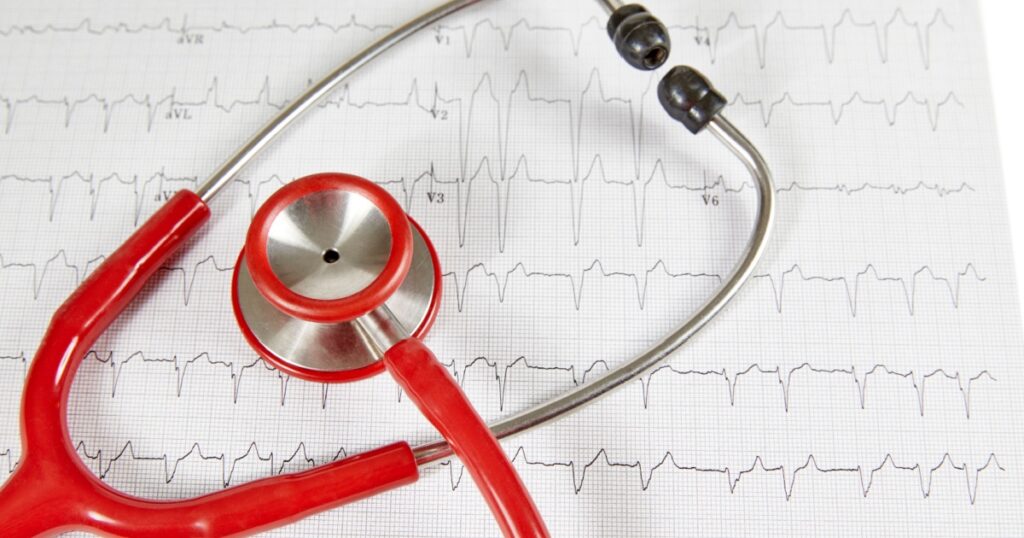
You will not remember anything from this phase. It is called the excitement phase because your breathing and heart rate will change quickly, your body will begin twitching, and you might even vomit. Thankfully, as already mentioned, you won’t remember anything from this phase, including the nauseous feeling. (3)
3. The Unconscious Phase

After the excitement phase passes, you will go into a temporary coma. This is also called surgical anesthesia. You are completely unconscious in this phase so that the surgeons can do their jobs.
Read More: Scientists Find a “Kill Switch” in the Body That Can Destroy Any Type of Cancer
4. Slowed Brain Function
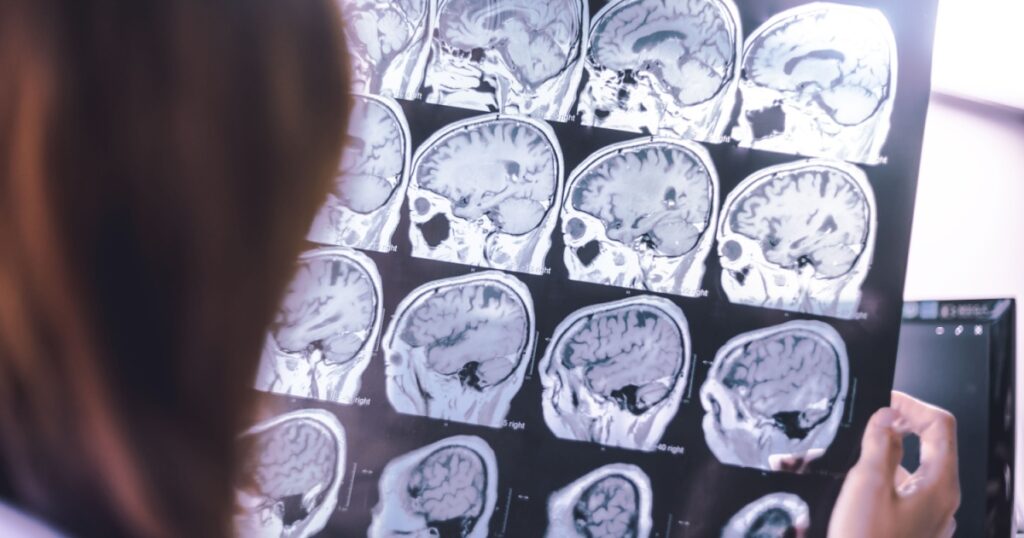
General anesthesia slows down your brain function so that you won’t feel any pain. It shuts down your nervous system, slows your responses to stimuli, and shuts down the part of your brain that senses pain. Your heart rate will stay steady throughout this experience. (4)
5. No More Brain Signals
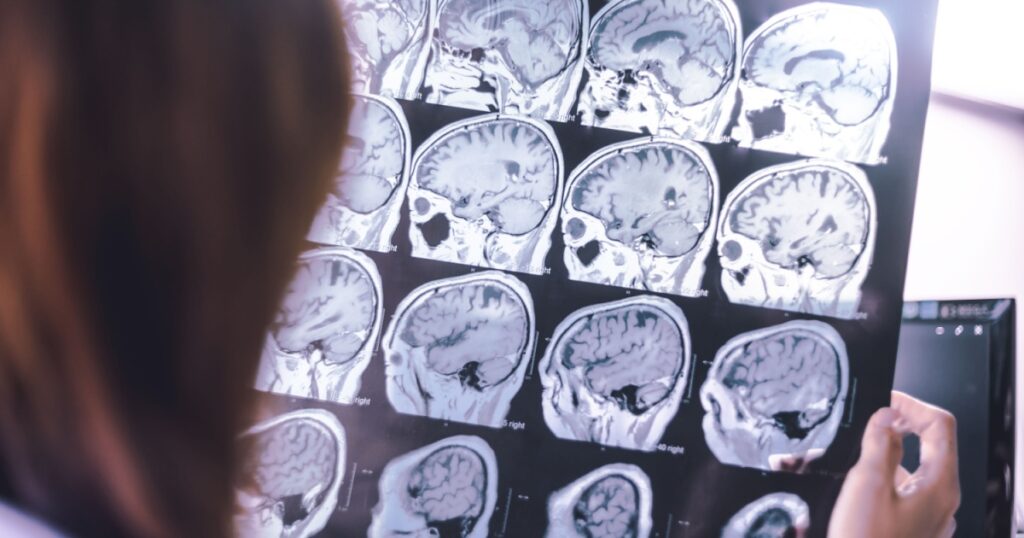
Essentially, anesthesia puts your brain on radio silence. This means that it can no longer send signals to other parts of your body. This is what makes it so that you lie there still, completely unaware of what the doctors are doing. While that sounds scary, it is much better than being aware. (5)
6. Temporary Paralysis

As the anesthesia makes its way into your bloodstream, it eventually reaches your spinal cord. When this happens, you will become temporarily completely paralyzed. This is important so that you remain completely still while the surgeons do their job. Any movements from you, even slight ones, could result in surgical error.
7. Much of How Anesthesia Works Is Still A Mystery

Anesthesia is often referred to as one of the greatest medical miracles of our time. It is truly incredible, allowing patients to have surgeries while remaining calm, without pain, without moving, and without any recollection of the event. While doctors know what parts of the body are affected by it, they still don’t know exactly why. They do have some theories, however. (6)
Read More: 5 Symptoms of Lewy Body Dementia
8. Anesthesia Dissolves Brain Fat

The first of these theories is that anesthesia dissolves the fat in the brain’s cells. This changes the type of brain activity seen in patients while they are under general anesthesia. Again, this is only temporary.
9. Affects The Brain’s Proteins
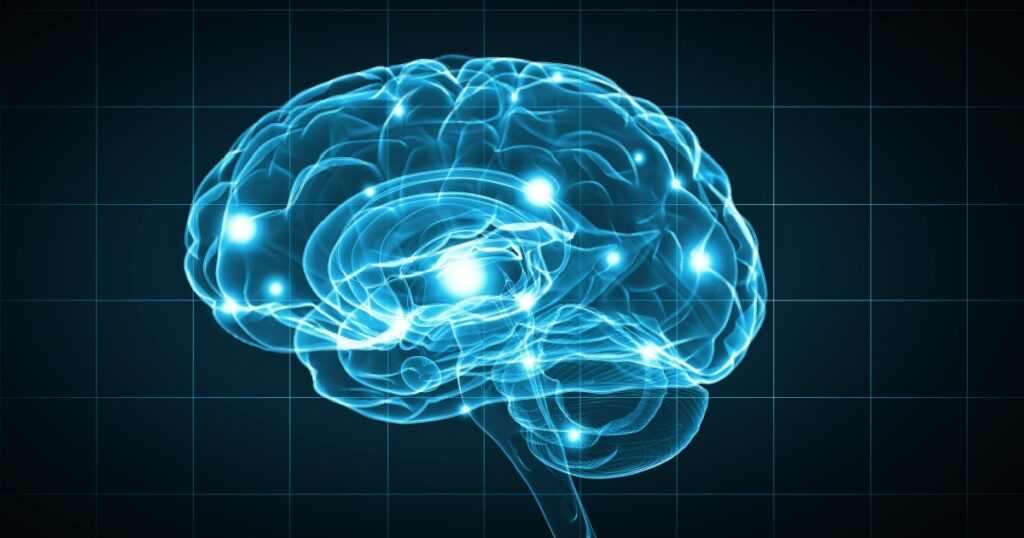
Similarly to the first theory, the second is that anesthesia prevents the proteins on the neurons in our brains from functioning properly. These proteins are associated with sleep, memory, and attention. This is why we go unconscious when these proteins are affected.
10. Your Respiratory System Still Functions
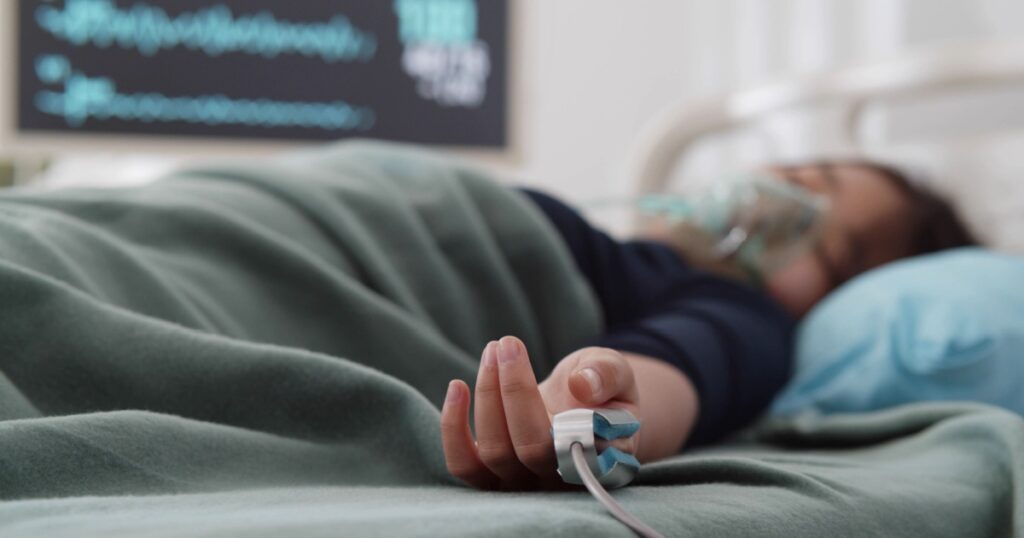
Despite the fact that anesthesia slows down brain function and signals to other parts of the body, your lungs will continue to function. Usually, however, you will still wear an oxygen mask so that the doctors can more easily ensure that your lungs are receiving the oxygen required to keep you alive. Occasionally you may need to have a tube put in to provide oxygen, as well.
Read More: Before Dementia Sets in, Your Body Will Give You These 12 Early Warning Signs
11. You Are Closely Monitored
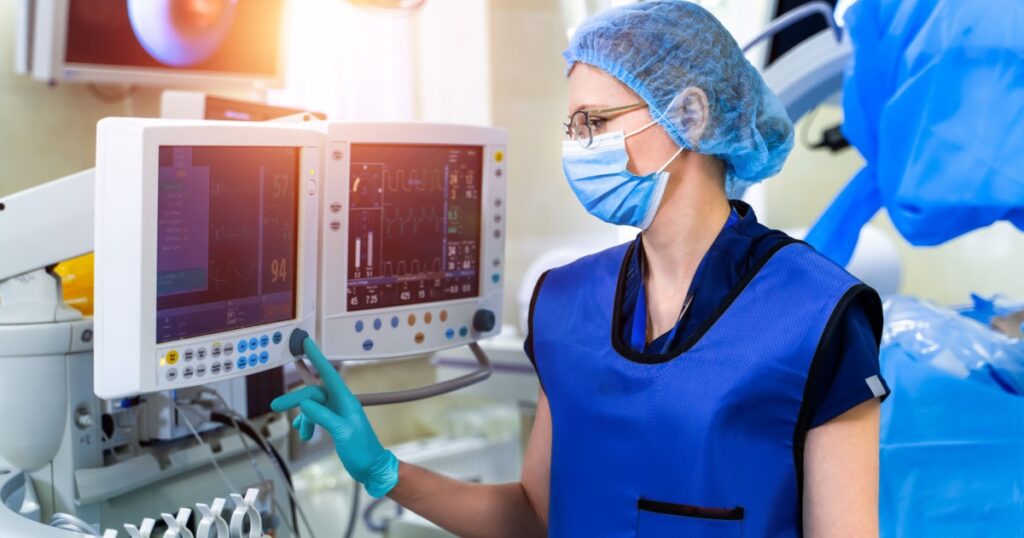
Tens of thousands of patients are put under general anesthesia every single day. It is safe and typically everything goes according to plan. That being said, you will be closely monitored throughout the entire procedure in case something does happen. Anesthesia alters your body in many ways, so doctors and nurses are on hand to make sure that you don’t get fluid in your lungs, choke on your own vomit, or have a stroke. These are rare occurrences, however.
12. Your Brain Wakes Up Afterwards

Sort of like rebooting a computer or your phone, your brain also does so after anesthesia. This happens slowly, bit by bit. The process is gradual as your brain reboots itself and remembers how everything works again.
13. Temporary Memory Loss

It is not uncommon to be a bit confused when you wake up from general anesthesia. You may experience temporary memory loss, as well as a loss of control over some of your motor functions. For some, this may make them feel distressed or agitated. This is temporary, however, and will wear off soon.
The Bottom Line

As already mentioned, anesthesia is used every single day around the world. It is nothing to be afraid of, and it will make procedures a lot easier and safer for you and for your doctors. If you need to have a surgery done, your doctor will talk to you ahead of time about anesthesia, what kinds are available for your procedure, and which will be best for you.
Read More: 20 Early Signs Your Body is Fighting Cancer
Sources
- “Anesthesia: FAQs.” UVA Health
- “What to know about general anesthesia.” Medical News Today. Tim Newman. November 29, 2021.
- “How Anesthesia Works.” How Stuff Works. Shanna Freeman.
- “How Does Anesthesia Work?” Live Science. Brooke Borel. February 23, 2012.
- “Going Under: How Anesthesia Works On The Human Body.” Medical Daily. Lizette Borreli. December 8, 2015.
- “Why Anesthesia Is One of the Greatest Medical Mysteries of Our Time.” Gizmodo. George Dvorsky. June 19, 2014.

